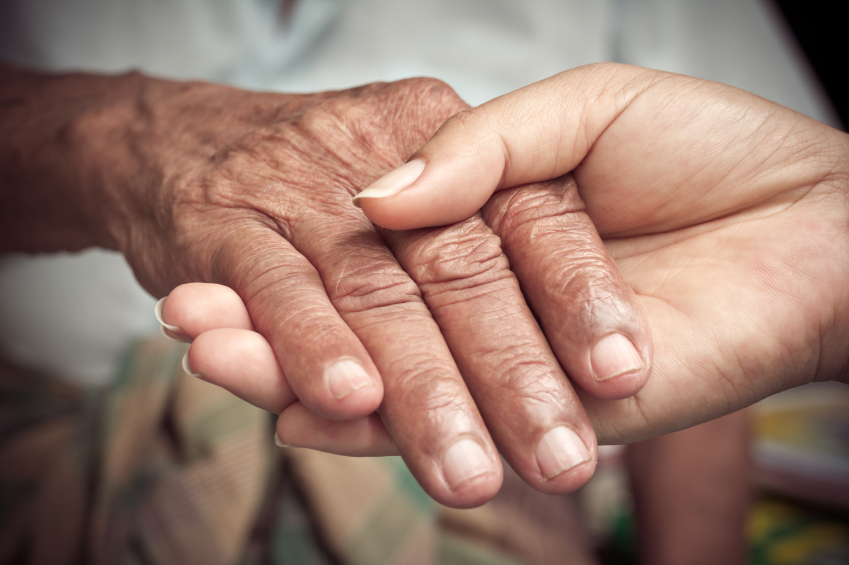
Many veterans are still bothered by the painful memories of wartime. In fact, some veterans have post-traumatic stress disorder symptoms 50 years after serving in the war. There are many symptoms that people may experience if they have post-traumatic stress disorder. Some of those symptoms include losing interest in activities, being startled easily, nightmares and feeling like one is experiencing the event again.
Why Older Veterans Experience Post-Traumatic Stress Disorder?
There are many reasons older veterans experience post-traumatic stress disorder symptoms. People’s symptoms may worsen after they retire because they have more time to think about what they experienced during the war. Certain medical conditions may also trigger PTSD symptoms.
Many people also see news stories that remind them of what they experienced during the war, which can trigger PTSD. Furthermore, it is common for people to turn to alcohol and drugs to cope with PTSD. They may quit using drugs and alcohol. However, if one does not have a healthy outlet to cope with PTSD, then the symptoms will return.
When Do People Experience PTSD Symptoms?
Many people experience PTSD symptoms shortly after the traumatic event, but that is not always the case. Some veterans do not experience symptoms until later in life. Others will start experiencing symptoms early, and they will continue to have symptoms until later in their life. Additionally, many veterans will have symptoms right after the event, the symptoms will go away and then come back later in life with a vengeance.
Late-Onset Stress Symptomatology Or LOSS
Many veterans are able to function well after being in the military. However, they may begin to get emotional about their war experience as they get older. This is a condition known as late-onset stress symptomatology, or LOSS. The symptoms of LOSS and PTSD are similar. However, people with LOSS have fewer symptoms and the symptoms are not as severe.
People with LOSS may have a relatively easy time coping with their condition. They may be able to spend time with their loved ones and work without any problems. However, stress may trigger thoughts and feelings about the war.
What To Do If You Are Experiencing PTSD
There are many things that you can do if you are having a hard time coping with your wartime experiences. You can join a support group or talk to your friends. Volunteering, exercising and eating well can also help take your mind off your stress.
Additionally, you may want to talk to a professional who has been trained to help people cope with PTSD. If you have a loved one who is dealing with PTSD and having trouble completing daily activities, then Salus Homecare can help.
There is no ads to display, Please add some

